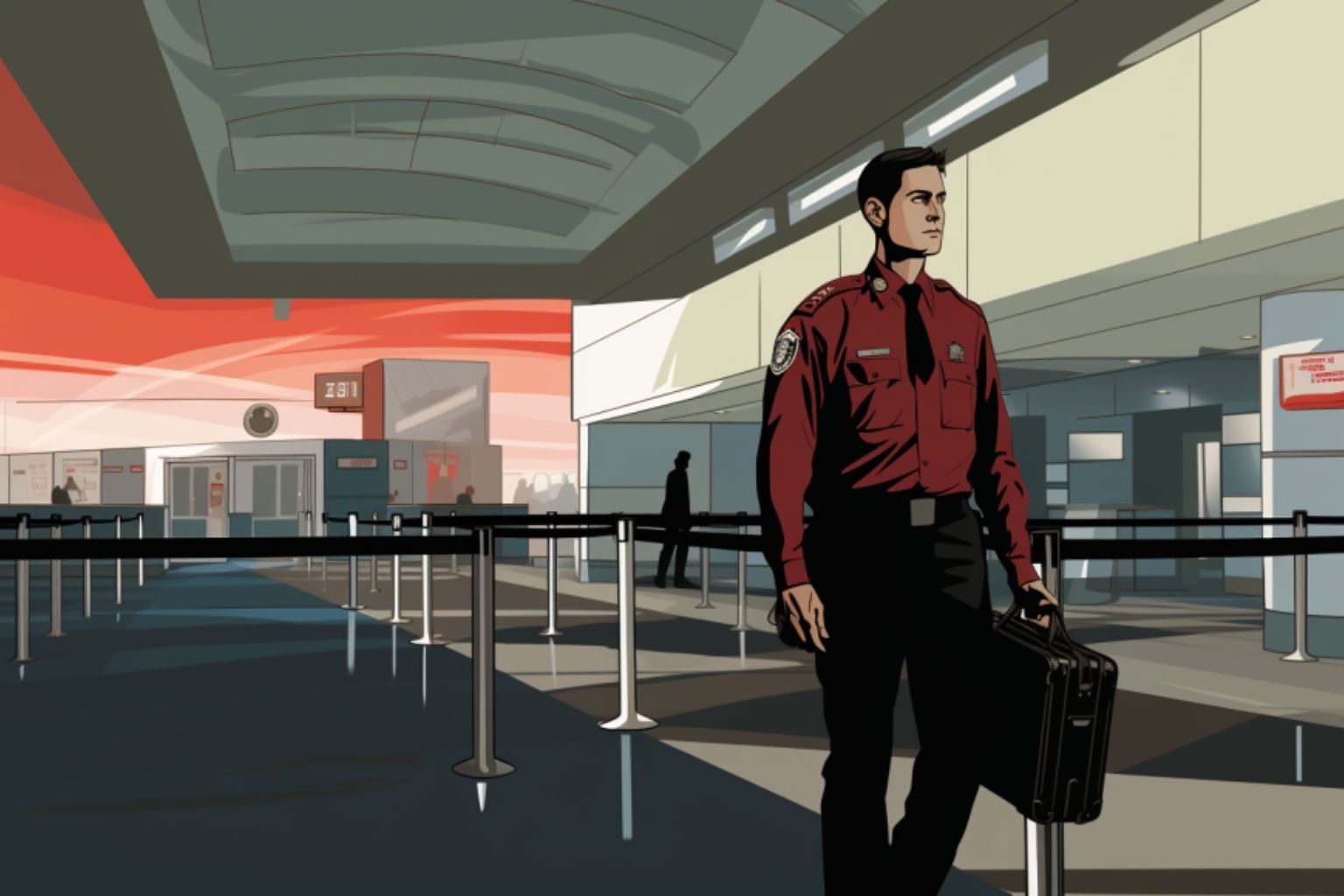The TSA Transportation Security Administration’s little body-scanning/pat-down problem isn’t just keeping us media types busy. Lawyers are having a field day with it, too.
The latest lawsuit against the TSA was filed earlier this week by two Harvard Law School students. They claim the airport security checks involving full-body scanners and pat-downs are unconstitutional. The suit claims the screenings violate their Fourth Amendment rights prohibiting unreasonable searches and seizures.
Here’s a rundown of the most high-profile TSA cases
“Unconscionable” pat-downs
A Colorado attorney, Gary Fielder, has asked a federal judge to order the TSA to abandon its airport screening procedures for United States citizens. In a suit filed in U.S. District Court in Denver last week. He claims his two daughters, ages 9 and 15, and a family friend underwent a TSA pat-down in San Diego. He called the pat-downs “disgusting, unconscionable, sexual in nature” and in violation of the Constitution’s protections against unreasonable searches.
TSA Screening process is detrimental
An Arkansas man, Robert Dean, filed a federal lawsuit against the TSA. He claims that the agency’s new screening rules are detrimental to his “emotional, psychological and mental well-being.” The suit, filed last week in federal court in Little Rock, asks the court to issue an injunction stopping the TSA from conducting full-body pat-down searches and using the full-body imaging scanners.
“Unreasonable search and seizure”
Michael Roberts, a commercial pilot from Memphis, filed a lawsuit earlier last month alleging that the new screening procedures violate his constitutional protection against unreasonable search and seizure. In response, the TSA has lifted some of its screening requirements for pilots.
Suspend the scanners
One of the oldest suits, filed in July by the Electronic Privacy Information Center (EPIC), asks a district court to suspend the deployment of body scanners at US airports, pending an independent review. EPIC said that the program is “unlawful, invasive, and ineffective.” It argued that the federal agency has violated the Administrative Procedures Act, the Privacy Act, the Religious Freedom Restoration Act, and the Fourth Amendment. EPIC cited the invasive nature of the devices, the TSA’s disregard of public opinion, and the impact on religious freedom. (Here’s how to handle the TSA when traveling.)
Unfortunately, the story — and the suits — are not going away any time soon. As consumer advocate Ralph Nader noted just after the Thanksgiving holiday, “If you thought this week was bad, brace yourself for a tsunami of protests in the days ahead.” He suggests even more lawsuits may be in the works, adding,
Changing this policy, or even backtracking, doesn’t mean we’d suddenly be flying on a wing and a prayer. In fact, better use of available intelligence alone would have stopped last year’s Christmas underwear bomber from flying to the USA. Indiscriminate and inefficient dragnet-type security checks of whole populations, if anything, make us less safe by focusing on the wrong things.
Indeed, this may be just the beginning of a long, drawn-out period of litigation that the TSA can’t possibly win.




